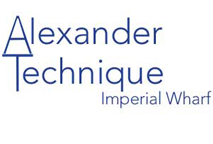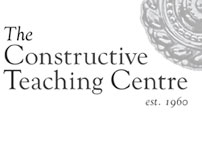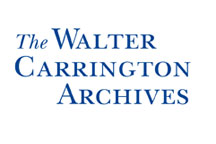Scientific Research
Studies suggest that lessons in the Alexander Technique are likely to lead to benefit for people with Parkinson’s disease.
- Randomized controlled trial of the Alexander Technique for idiopathic Parkinson’s disease.
Clinical Rehabilitation 2002; 16: 705-718
Stallibrass C, Sissons P, Chalmers C
School of Integrated Medicine, University of Westminster, London, UK
This study demonstrated that Alexander Technique lessons led to an increased ability of people with Parkinson’s disease to carry out everyday activities.
Please find a brief summary, abstract and download link to the full paper here. - Retention of skills learnt in Alexander technique lessons: 28 people with idiopathic Parkinson’s disease.
C Stallibrass, C Frank, K Wentworth
Journal of Bodywork and Movement Therapies (2005) 9 150-157
This constitutes a further paper recording additional results from the original research listed under point 1. (Randomized controlled trial of the Alexander Technique for idiopathic Parkinson’s disease).
This paper can be downloaded from Chloe Stallibrass’ website: www.londonalexander.co.uk/Retentionofskills2004.pdf. - Lighten up: Specific postural instructions affect axial rigidity and step initiation in patients with Parkinson’s disease.
Neurorehabilitation and Neural Repair 2015 Feb 9. pii: 1545968315570323. [Epub ahead of print]
Cohen RG, Gurfinkel VS, Kwak E, Warden AC, Horak FB.
This study suggests some benefits may be gained even through verbal instructions based on Alexander Technique principles (i.e. in the absence of one-to-one lessons).
A brief summary and abstract can be viewed here. Link to the paper here.
Teaching the Alexander Technique to People with Parkinson’s
This is an article written by Chloe Stallibrass for Alexander Technique teachers which was published in the 7th International Congress Papers. The paper outlines some activities in lessons and approaches to teaching that were found to be useful for many or most of the 29 participants in the Alexander Technique group of the research trial of 2002. A free PDF is available form Chloe Stallibrass’ website:
londonalexander.co.uk/CongressPapersPDAT2005.pdf
Alexander Technique Teacher Survey
In early 2017 a survey was conducted by the group of teachers who initiated the ‘AT for Parkinson’s’ project with the Walter Carrington Trust. This survey was sent to STAT (Society of Teachers of the Alexander Technique) teachers to gather information about Alexander Technique teachers’ own experiences of working with people living with Parkinson’s.
A collection of this anecdotal evidence can be downloaded here:
Parkinson’s Survey of Teachers – Benefits for people living with Parkinsons
Parkinson’s Survey of Teachers – Advice to Teachers
Parkinson’s Survey of Teachers – Challenges



